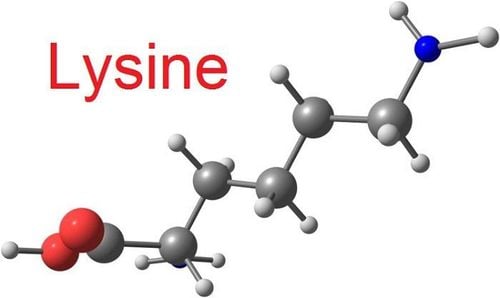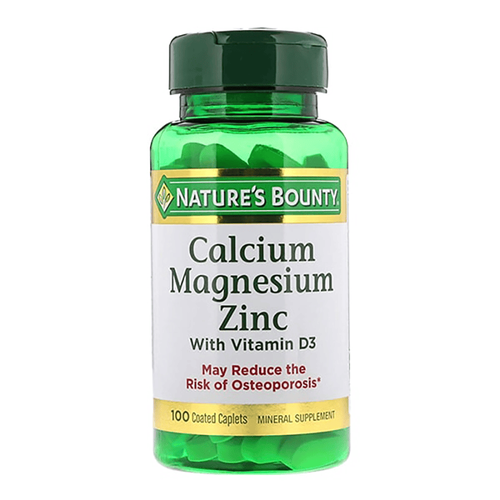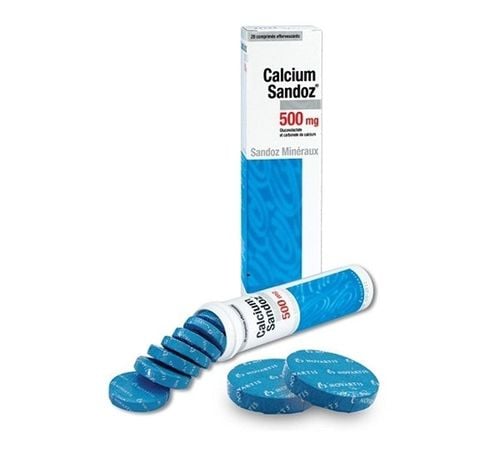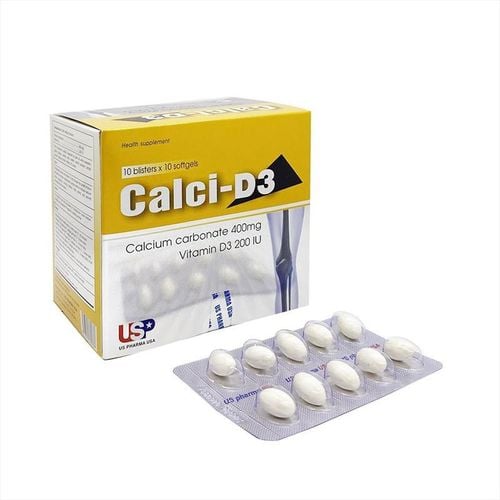This article is professionally consulted by Nguyen Minh Tuan, MSc, MD - Pediatrician, Department of Pediatrics & Neonatology - Vinmec Da Nang International General Hospital.
Lysine is one of the essential amino acids that the human body cannot produce on its own. This amino acid must be supplemented through dietary sources. The article below will help us better understand the benefits and side effects of lysine.
1. What is Lysine?
Lysine, also known as L-lysine, is an amino acid essential for the body. Unlike some other amino acids, the body cannot synthesize lysine on its own. Therefore, lysine can only be obtained through diet.
Lysine is crucial for normal growth and muscle turnover. It is used to produce carnitine, an amino acid found in most cells of the body. Additionally, lysine helps transport fats through cells to be burned for energy.
L-lysine is the form of lysine that the body can utilize. It is found in food and is also used in dietary supplements.
2. What are the effects of Lysine?
• Treating Cold Sores
Cold sores are symptoms of infections that typically appear on the lips or the corners of the mouth. They manifest as fluid-filled blisters that may cause discomfort, such as tingling, pain, and burning sensations. Additionally, they can make you feel self-conscious about your appearance.
Cold sores are caused by the herpes simplex virus type 1 (HSV-1). If you are stressed or your immune system is weakened, HSV-1 may trigger the development of cold sores. Lysine supplementation can help prevent HSV-1 from reproducing. It is believed that lysine can block another amino acid called arginine, which HSV-1 requires to multiply.
Some studies suggest that lysine may reduce the duration and frequency of cold sores, though the evidence is inconsistent.
• Reducing Anxiety and Stress

Lysine plays a role in reducing anxiety and stress. A study found that lysine blocks receptors involved in the stress response. This study, conducted on mice, showed that lysine supplementation reduced stress-induced diarrhea.
A one-week study involving 50 healthy individuals found that supplementing with 2.64 grams of lysine and arginine reduced anxiety due to stress and decreased cortisol levels.
• Improving Symptoms of Schizophrenia
Lysine may also benefit people with schizophrenia, a mental disorder that disrupts an individual's perception of the external world, often leading to difficulties distinguishing reality. Although some studies are still in its early stages, there is evidence suggesting that lysine, when combined with prescribed medications, may improve schizophrenia symptoms.
• Enhancing Calcium Absorption
• Lysine may help your body retain calcium. It is believed that lysine increases calcium absorption and helps the kidneys retain the mineral. A study involving 30 women, 15 of whom were healthy and 15 who had osteoporosis, showed that calcium and lysine supplementation reduced calcium levels in the urine.
• Lysine not only protects bones but also plays a role in regulating calcium transport in the body. Lysine is essential for collagen formation, a protein that acts as scaffolding to support and provide structure to the skin and bones.
• Lysine itself acts as a binding agent, increasing the number of new cells at wound sites. It even promotes the formation of new blood vessels. In an animal study, a combination of lysine and the amino acid arginine improved and accelerated bone fracture healing.
• Wound healing is a complex process requiring various minerals, vitamins, and factors. Lysine plays a critical role, and without it, wound healing is impaired.
Lowering Blood Pressure: A study involving 50 adults with lysine deficiency and hypertension (high blood pressure) found that lysine supplementation significantly reduced blood pressure.
Managing Diabetes: A study suggested that lysine may help reduce hyperglycemic (high blood glucose) responses in individuals with diabetes. However, further research is required for a thorough understanding.
Other Benefits: Promotes healthy skin development, prevents osteoporosis by aiding calcium absorption, controls blood pressure, treats shingles, prevents plaque buildup in arteries, aids athlete recovery after intense workouts

3. Side Effects of Lysine
Lysine is safe for most people when consumed through dietary sources or in recommended doses for up to one year or applied topically for a short period. A daily intake of about 3 grams of lysine is generally well-tolerated. However, excessive lysine use may cause side effects, including gastric pain, diarrhea, and nausea.
Currently, there is insufficient reliable information about the safety of lysine for pregnant or breastfeeding women. Therefore, they should avoid using lysine.
If you have kidney disease, you should consult a healthcare professional before taking lysine.
4. Which Foods Contain Lysine?
Lysine is present in various foods. Animal products, such as meat and dairy, are primary sources of lysine. For vegetarians and vegans, legumes and wheat germ are excellent sources of this amino acid.
The following foods can help meet the recommended daily lysine intake:
• Red meat
• Chicken
• Eggs
• Fish, such as cod or sardines
• Beans
• Lentils
• Cheese
• Wheat germ
• Nuts
• Soybeans
• Brewer's yeast
• Spirulina, a type of algae that is compressed and sold as tablets or powder
Most people, including vegetarians, get enough lysine through their regular diet and do not need supplements.
Ensuring adequate lysine intake is essential for maintaining good health. Lysine supplementation may benefit specific conditions. Without sufficient lysine, the body cannot produce enough hormones and immune cells.
To arrange an appointment, please call HOTLINE or make your reservation directly HERE. You may also download the MyVinmec app to schedule appointments faster and manage your reservations more conveniently.
Reference source: healthline.com; medicalnewstoday
To arrange an appointment, please call HOTLINE or make your reservation directly HERE. You may also download the MyVinmec app to schedule appointments faster and manage your reservations more conveniently.









